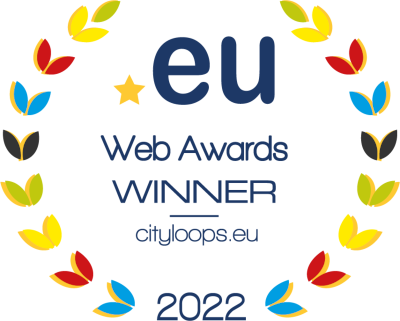CityLoops Replicators
In the replication phase of the project, CityLoops wants to bring the knowledge, experiences, tools and results generated by its work in Apeldoorn, Bodø, Mikkeli, Porto, Seville, Høje-Taastrup and Roskilde to other cities and regions in Europe and help implement circular projects across the continent. In doing so, it aims to contribute to Europe's circular transition.
To that end, CityLoops invitied public authorities across Europe to apply to become a CityLoops replication zone. The following cities/authorities were selected: Espoo, Ghent, Prague Services, Murcia,Torres Vedras Water, Wastewater and Waste Management, Vallès Occidental and Vienna.
Through a series of webinars, site visits, peer-to-peer exchanges ("twinning") and replication workshops, these replication zones will get the opportunity to follow the CityLoops demonstration actions and tools that are most relevant to them, and develop implementation strategies and plans for strategies and plans for circular economy actions in their city.
CityLoops Replication Plans
CityLoops replicator cities have developed replication plans outlining the processes, plans and activities intended to replicate the instruments and actions demonstrated through the CityLoops project. The plans are rooted in local context and highlight pathways and activities to systemically address circularity within city policy and planning approaches. Download them at the link below:
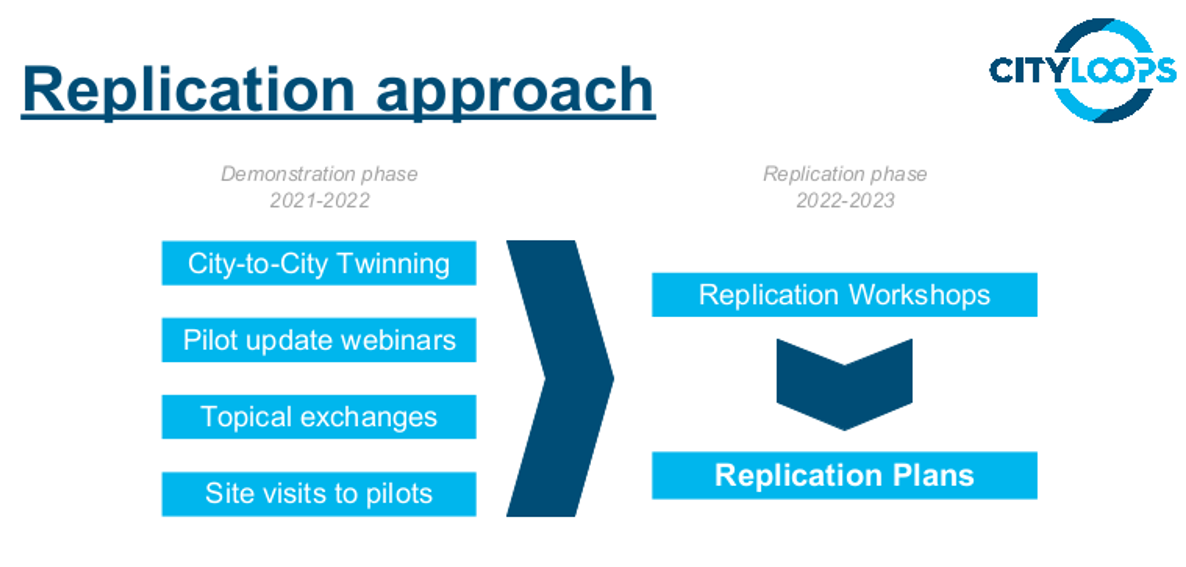
- Replication zones take CityLoops' tools and learnings to other regions and member states
- Replicators follow pilot implementation to learn first-hand from the demonstrations as they progress
- Project partners assist in the development of a replication plan for each replicator, including a local replication workshop
Espoo, Finland
The sustainably ambitious Espoo aims to achieve carbon neutrality by 2030. It believes that a transition towards a circular economy is essential for achieving these goals. In Espoo, this transition is currently happening at several city levels. The city became a replication zone because, it believes that its own objectives and the objectives of the project are fully aligned. For example, it is currently working on a circular economy roadmap, aiming to develop circularity assessments, monitoring indicators and circular procurement criteria. In addition, the city is planning to build a case for improving circularity in the bioeconomy and to gain more insights into circular construction. Through CityLoops, it can learn valuable lessons in all these areas, and look into applying the developed tools and processes into its own projects.
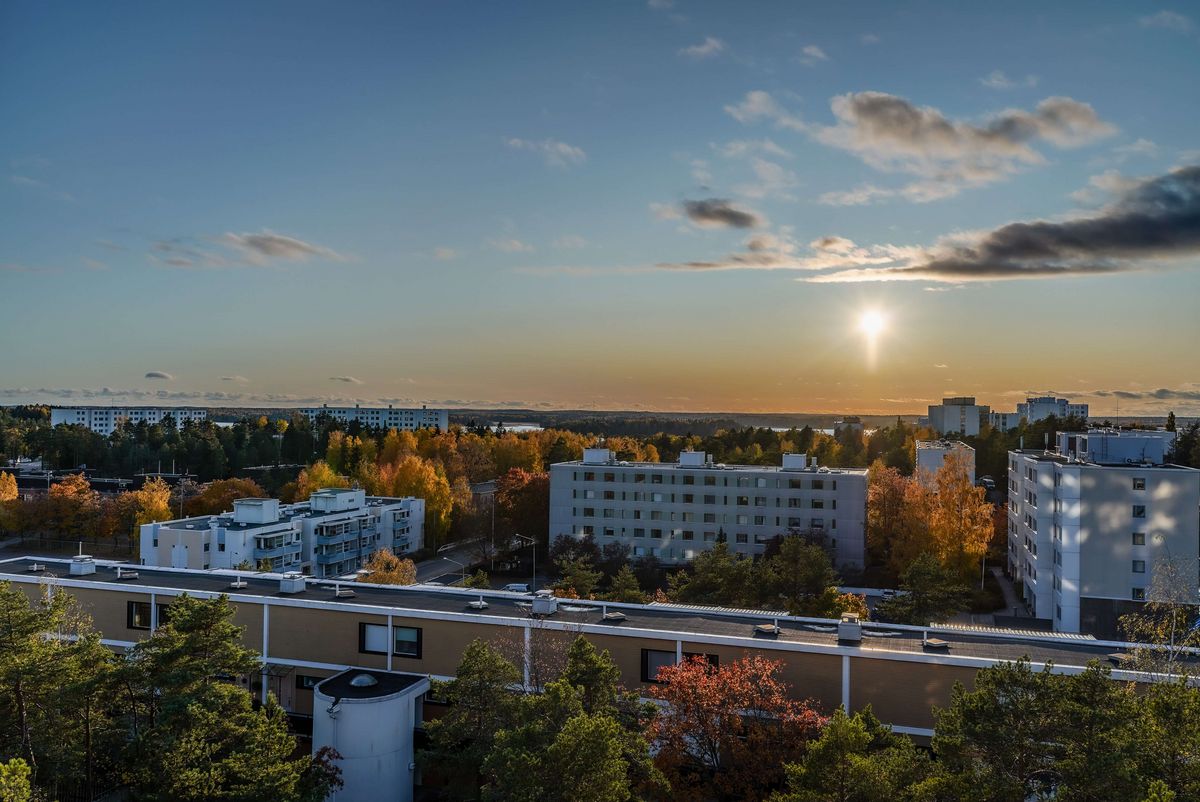
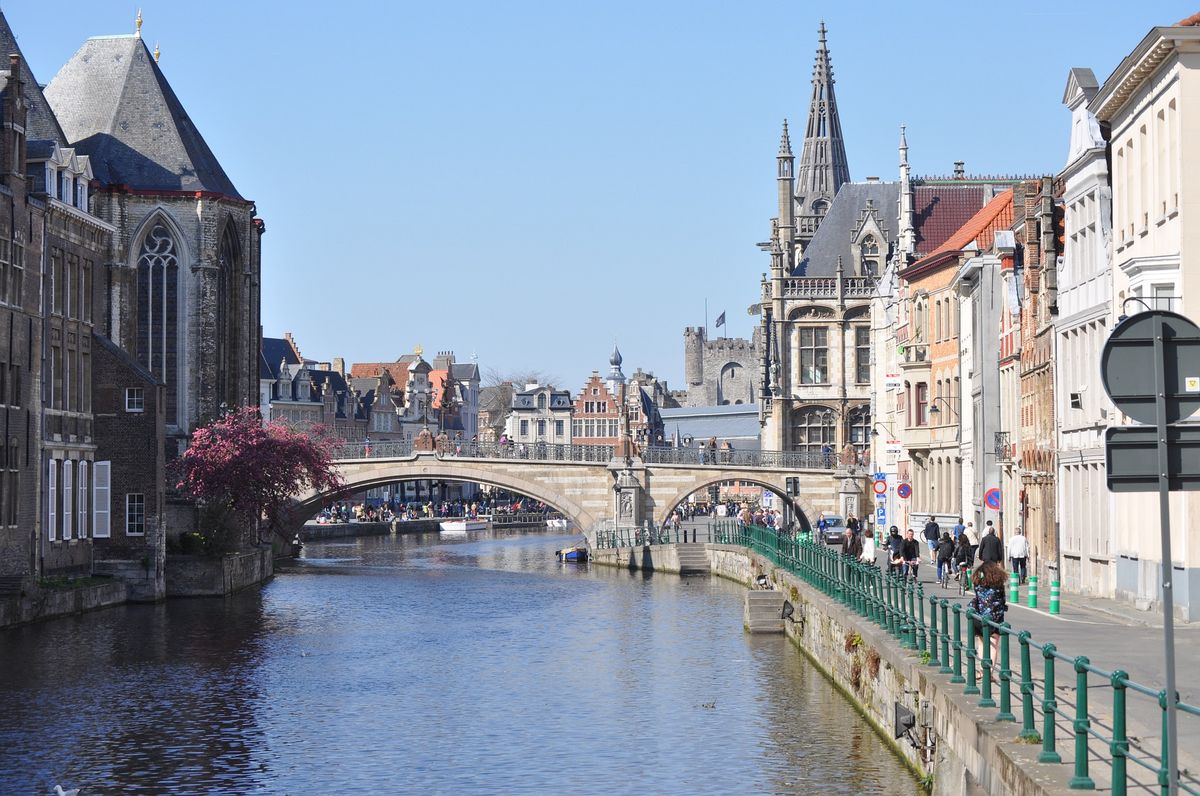
Ghent, Belgium
Ghent, the third largest city in Belgium, recently launched its third climate plan for the 2020-2025 period. While the plan puts a strong focus on circular economy, that is a relatively new topic for the city. Ghent has taken a "learning by doing" approach to its circular transition, with an emphasis on knowledge sharing and the setting up of city labs. Through its participation as a replication zone in CityLoops, it aims to accelerate its learning process and internal capacity building, strengthen its European network for future knowledge sharing, and explore and develop potential city labs on building materials, food waste and bio-waste streams.
Murcia, Spain
Murcia is actively involved in several 'circular' Horizon2020 projects. Beyond being a replication zone in CityLoops, it is a lighthouse city in HOOP and a partner in Valuewaste. Murcia is a world leader in wastewater treatment and reusing, but it faces challenges when it comes to the handling of bio-waste. Currently, it only collects a small part of its bio-waste separately. That needs to improve fast, as by 2023 separate collection of bio-waste will be mandatory in the EU. This makes Seville, with its focus on separate collection and optimisation, the most relevant CityLoops city for Murcia. In addition, Apeldoorn's work with green spaces and Porto's bio-waste management interventions in the tourism sector could also prove valuable.
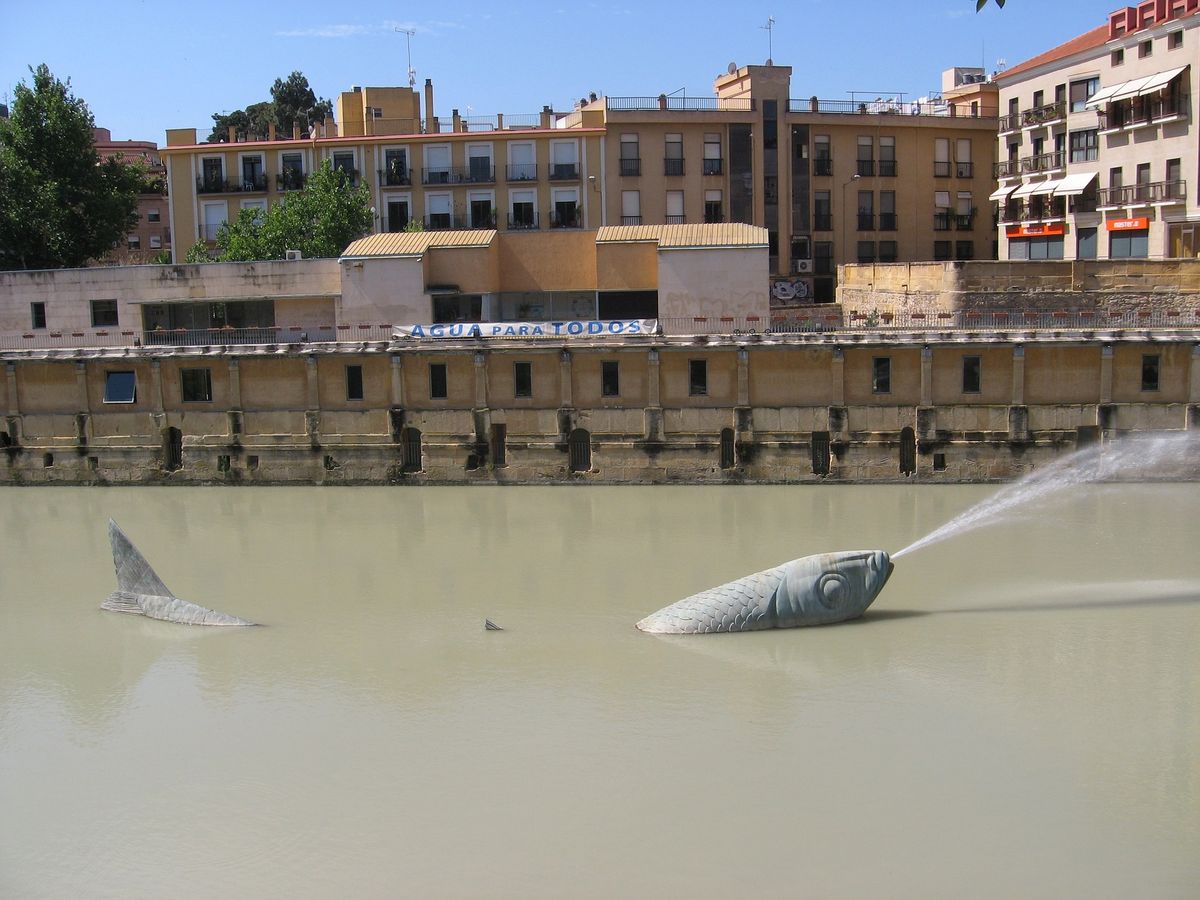

Prague Services, Czechia
Prague Services is responsible for waste management in Prague. While it is publicly owned by the city, it operates as a private company, which makes business development a priority. The organisation is operating in an ambitious city that needs to take into account more than just its own citzens. Prague, which aims to cut its CO2 emissions in half by 2030 and become carbon neutral by 2050, has 1.7 million inhabitants, but estimates that there about 2 million people in the city every day. Within this context, Prague Services needs to increase its collection and recycling rates by at least 100% in the next nine years. CityLoops can contribute to these challenges through the business case development in Apeldoorn, Porto's work in the social economy and tourism secor, Mikkeli's usage of biogas, and Seville's efforts to optimise bio-waste logistics.
Torres Vedras Water, Wastewater and Waste Management, Portugal
Torres Vedras Water, Wastewater and Waste Management is fully owned by the municipality of Torres Vedras, but operates autonomously. The municipality has set the transition towards the circular economy as a strategic goal, is involved in various European sustainable projects, initiatives and networks, and won the Green Leaf Award in 2013. The city is actively working on making the two 'CityLoops' waste streams more circular. For example, it has implemented a system to receive small amounts of CDW, which is then re-incorporated in other building projects. With regards to bio-waste it has developed a programme for voluntary domestic and community composting, covering the entire territory. Torres Vedras believes it can learn from a wide variety of tools, processes and actions implemented in CityLoops. This includes Seville's work with wastewater infrastucture (CDW) the pre-demolition screening (CDW), Porto's food demand management model (BW), and Mikkeli's public procurement guidelines for organic municipal waste (BW).
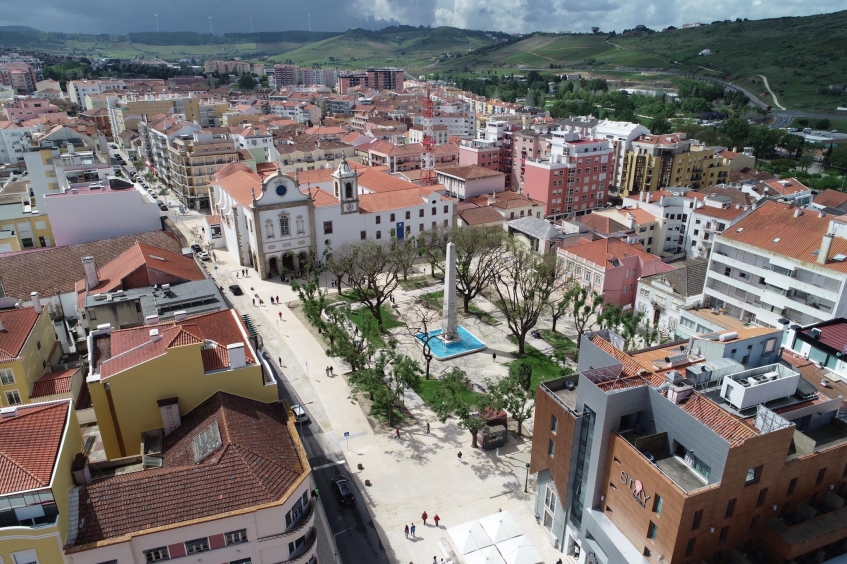
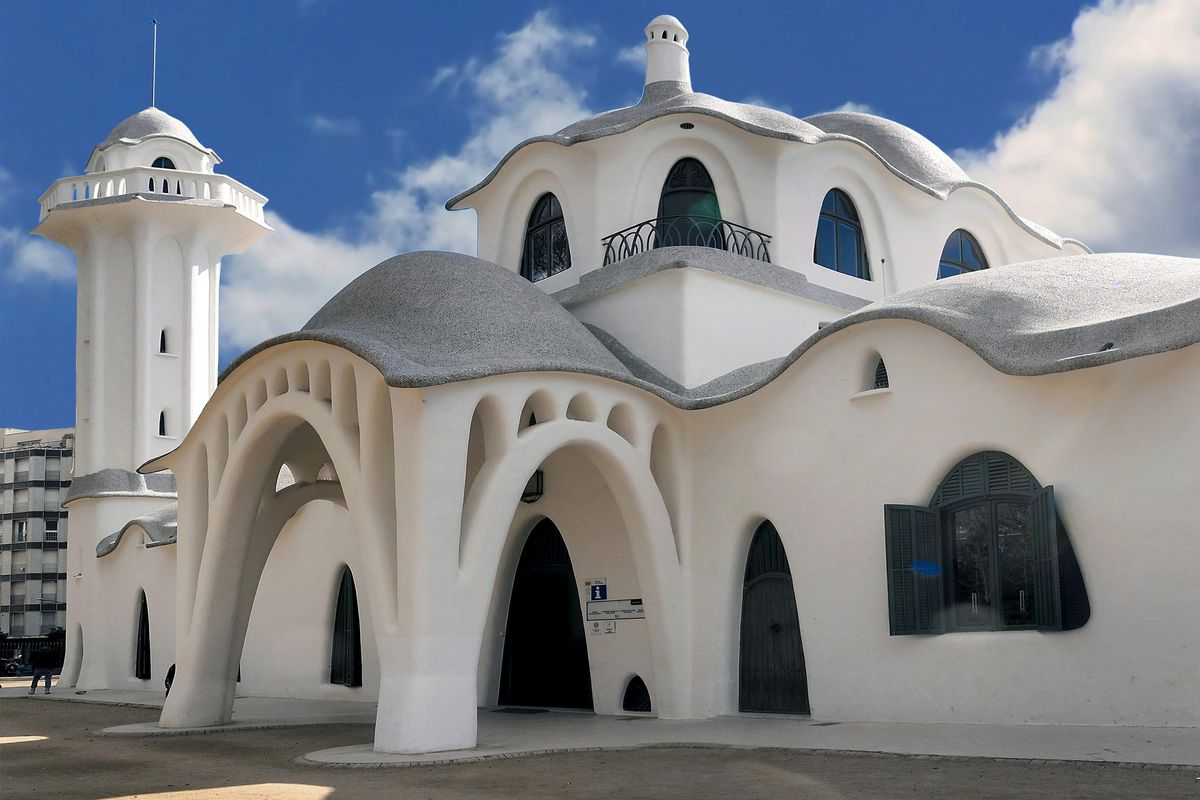
Vallès Occidental, Spain
Vallès Occidental is a Catalan county (comarca) comprising 23 municipalities. Vallès Occidental has a strong interest in the circular foundations underpinning CityLoops, in particular the actions related to circular procurement, urban metabolism, and circular indicators that could help it define a strategic vision for a circular city. More specifically, it needs a better understanding of the stock and flow of CDW. This waste stream is mostly privately handled, so the county first needs to map existing practices before it can create an action plan. Within CityLoops it believes it can learn most from Mikkeli and Apeldoorn in this context. It could also learn from Mikkeli with regards to bio-waste, but Vallès Occidental is already making serious progress in this waste stream. It is currently collecting bio-waste separately, while more than half of its muncipalities also collect food waste from schools and redistribute it to vulnerable families.
Vienna, Austria
Austria's capital and the largest CityLoops replication zone wants to become a virtually waste-free city by 2050. To achieve this goal, it established the 10-year programme Do Tank Circular City Wien 2020-2030 (DTCC30). DTCC30 serves as a strategic hub, initiates neccessary regulatory changes, defines and implements scalable circularity projects addressing the sustainable built environment, and operates within various European and national frameworks. Vienna has joined the CityLoops project, because it is striving to build strong foundations for circularity, by fostering synergies to benefit from the experience of others, especially in the areas of governance and stakeholder management. Furthermore, building upon the experience from the CityLoops cities, it aims to accelerate its ambitions towards a Circular City. This transition is designed in three phases, with the first phase being especially interesting in this context. During this phase, the DTCC30 will focus on laying the foundations for Circular Economy in the built environment. This includes designing indicators and monitoring methods strongly related to the topic area.

